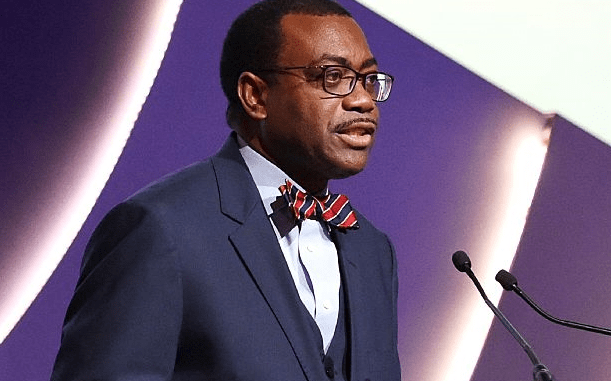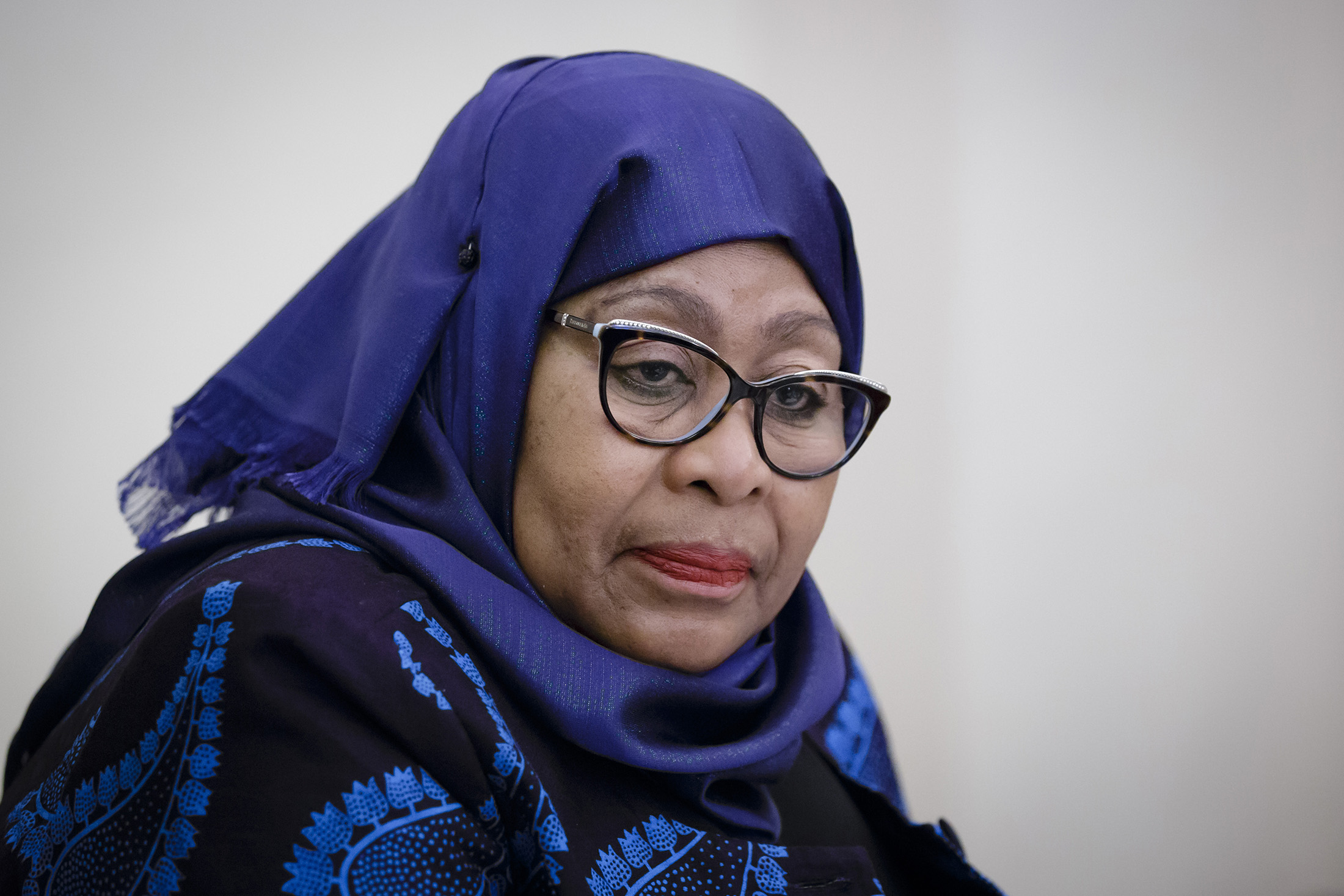The African Union (AU) intends to buy up to 110 million doses of COVID-19 vaccine from Moderna Inc in an arrangement brokered in part by the White House, which will defer delivery of some doses intended for the United States to facilitate the deal, officials have said.
The AU’s doses will be delivered over the coming months, with 15 million arriving before the end of 2021, 35 million in the first quarter of next year and up to 60 million in the second quarter.
“This is important as it allows us to increase the number of vaccines available immediately,” AU coronavirus envoy Strive Masiyiwa said in an email. “We urge other vaccine producing countries to follow the lead of the (U.S. government) and give us similar access to buy this and other vaccines.”
The Moderna purchase is the second time that the AU has agreed with a pharmaceutical company to buy COVID-19 vaccines. It reached a deal in March with Johnson & Johnson for up to 400 million doses.
With the exception of the J&J deal, the AU had not had access to vaccine purchases, Masiyiwa told a virtual news conference.
“I have sat in meetings with every single one of the suppliers,” he said.
He added that the deal announced Tuesday was unique and a breakthrough that came after South African President Cyril Ramaphosa and Kenyan President Uhuru Kenyatta asked U.S. President Joe Biden to “stand aside for the next quarter so that we could access vaccines and purchase ourselves.”
The AU is paying the same price per dose as COVAX, a global scheme meant to ensure fair vaccine access, Masiyiwa said. In May, Moderna said it would sell COVAX vaccines at its “lowest tiered price” without disclosing further details.
The new shipments are well below what Africa needs to inoculate its 1.3 billion people, who have had far less access to the vaccines than more prosperous regions. Only 8.4% of Africa’s population has received at least one dose, compared to the global average of 48.7%, according to the World Health Organization.
The Moderna vaccines will bring the AU closer to its target of vaccinating 900 million people, or 70% of the continent.
The Biden administration is deferring delivery of 33 million doses it had bought from Moderna to give the AU its “spot in line” to make a purchase, according to Natalie Quillian, the White House’s deputy coordinator for COVID-19 response.
Washington’s decision is what the AU has been asking wealthy nations to do for months, Masiyiwa said.
“We are grateful to have helped negotiate this encouraging step forward between Moderna and the African Union that will significantly expand access to vaccines on the continent in the near-term,” Quillian said.
The United States, where more than 700,000 people have died from COVID-19, is flush with vaccines. The delayed Moderna deliveries will not hinder efforts to provide booster shots to already inoculated Americans, Quillian said.
Moderna said it was working to make it possible to fill doses of its COVID-19 vaccine in Africa by 2023 and this month announced it would build a manufacturing plant there.
Masiyiwa said the AU wanted to see more concrete details about Moderna’s manufacturing plans in Africa before deciding whether the AU would exercise its option to buy up to another 60 million doses in the second quarter of 2022.
“We want production to be based in Africa because it’s at the centre of our national health security,” he said. The continent imports nearly 95% of its pharmaceutical and medicinal product needs, according to the United Nations.
“This is the first step in our long-term partnership with the African Union,” Moderna Chief Executive Stéphane Bancel said in a statement, referring to a Memorandum of Understanding with the AU.
Last month, the AU accused COVID-19 vaccine manufacturers of denying African countries a fair chance to buy vaccines and urged manufacturing countries, in particular India, to lift export restrictions on vaccines and their components.
COVAX, the global vaccine initiative, has so far delivered about 128 million doses to African countries. It hopes to ramp up deliveries in the coming months as it expects supplies from India to gradually open up, the GAVI vaccine alliance CEO Seth Berkley told the virtual news conference.
(Reuters)


